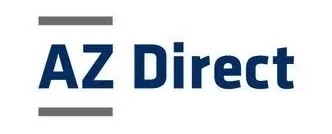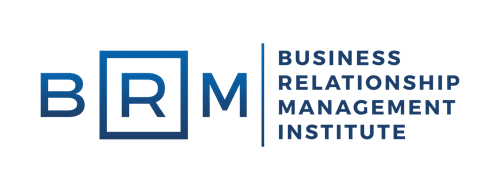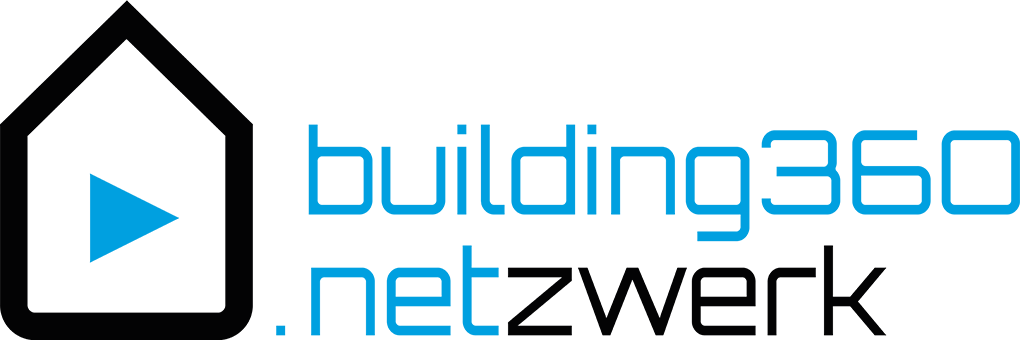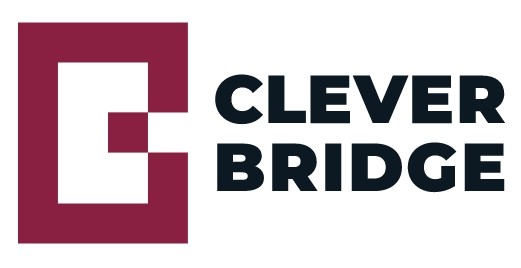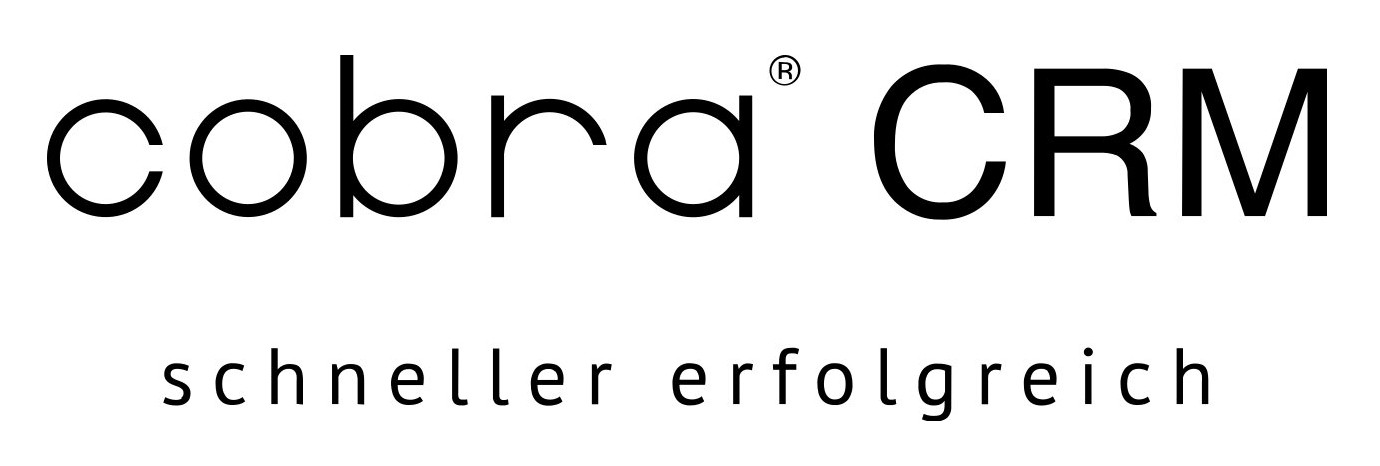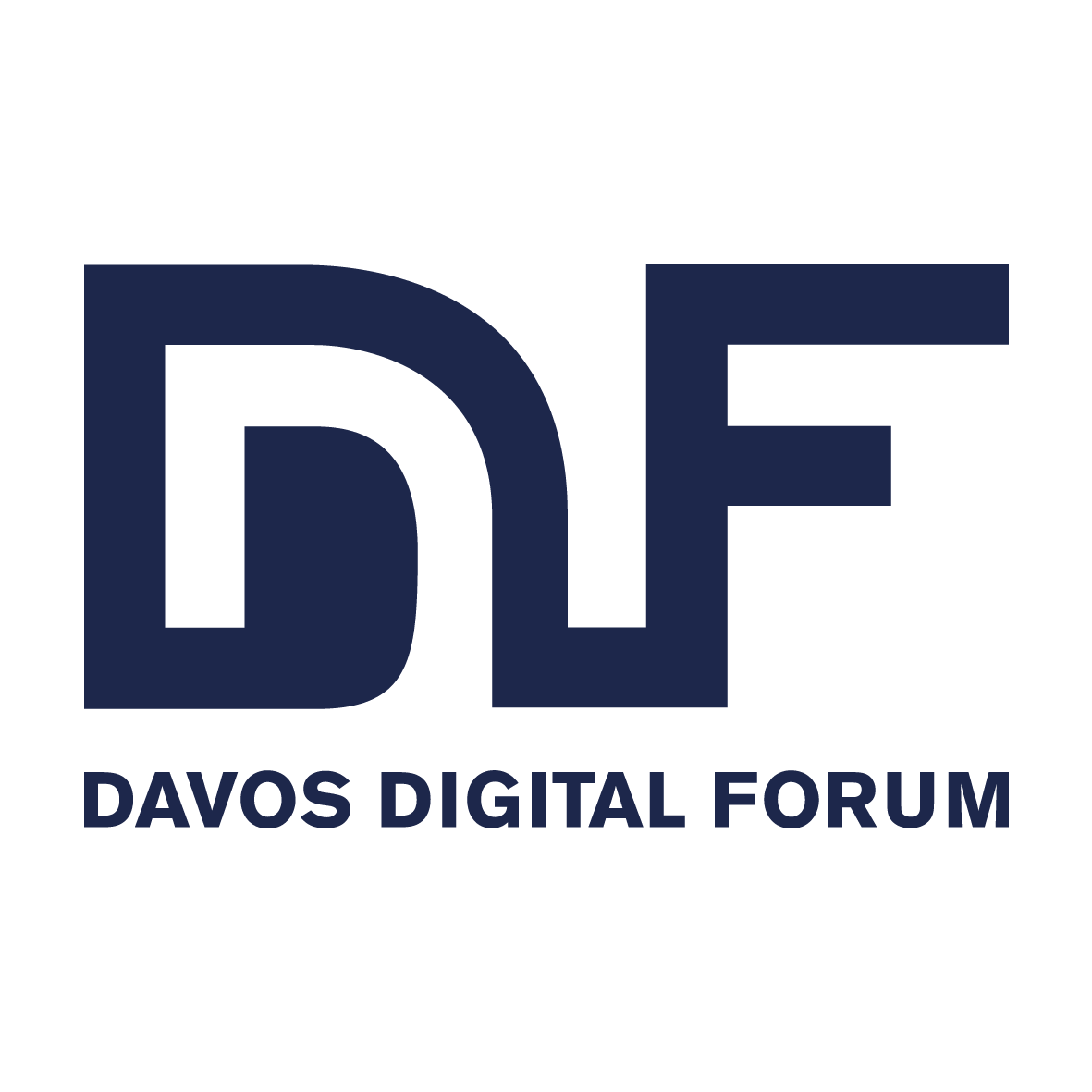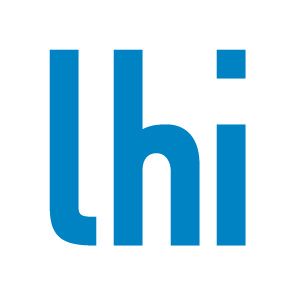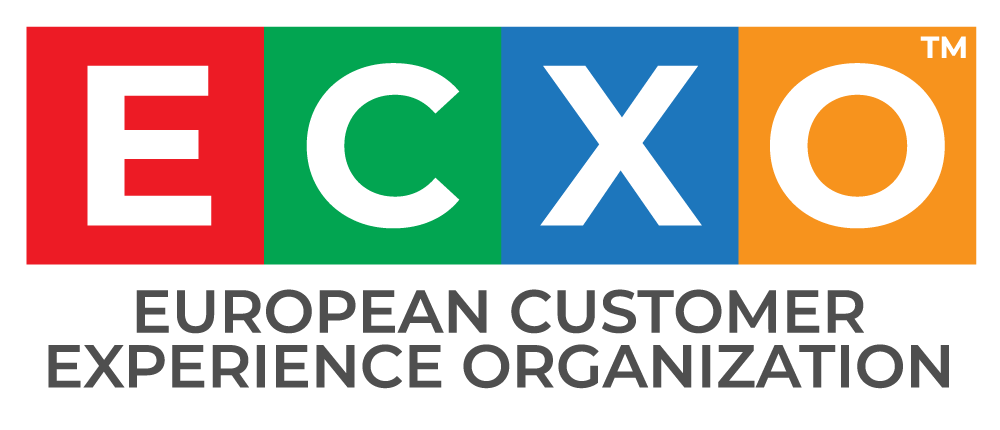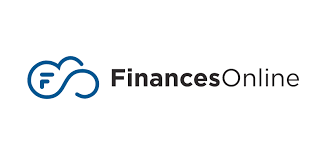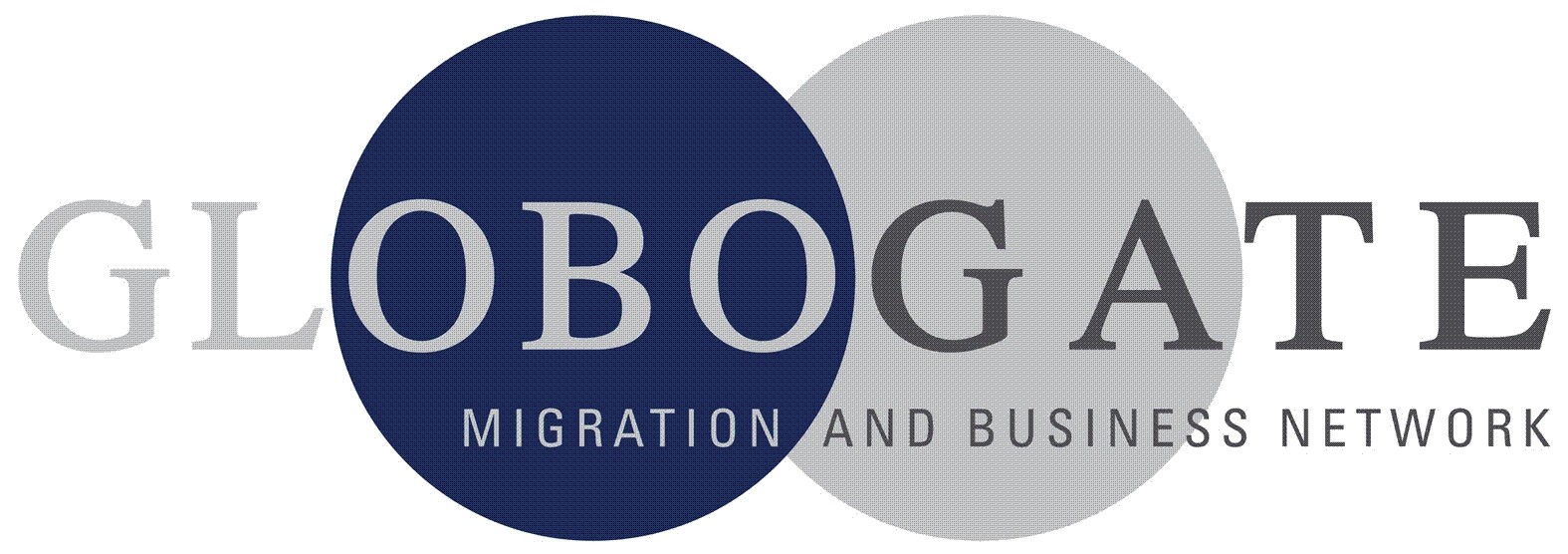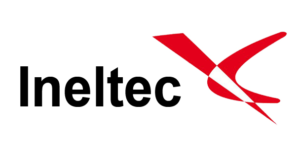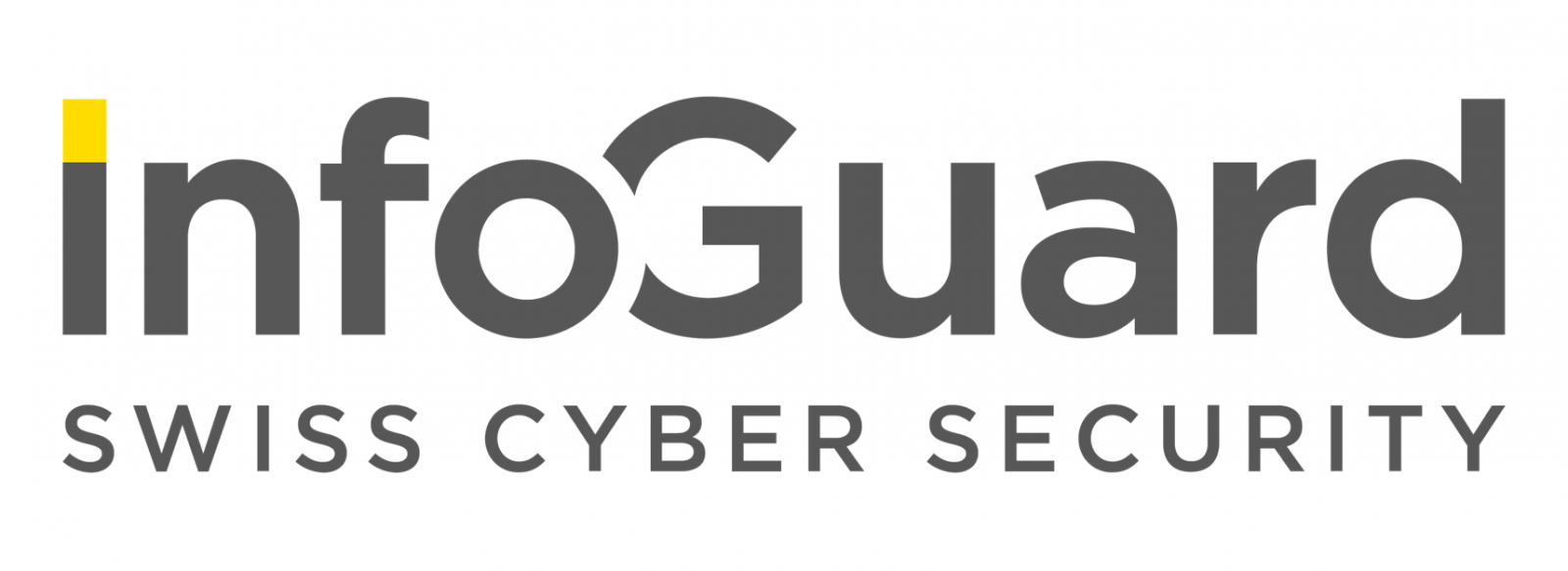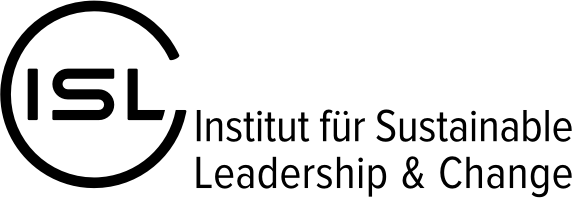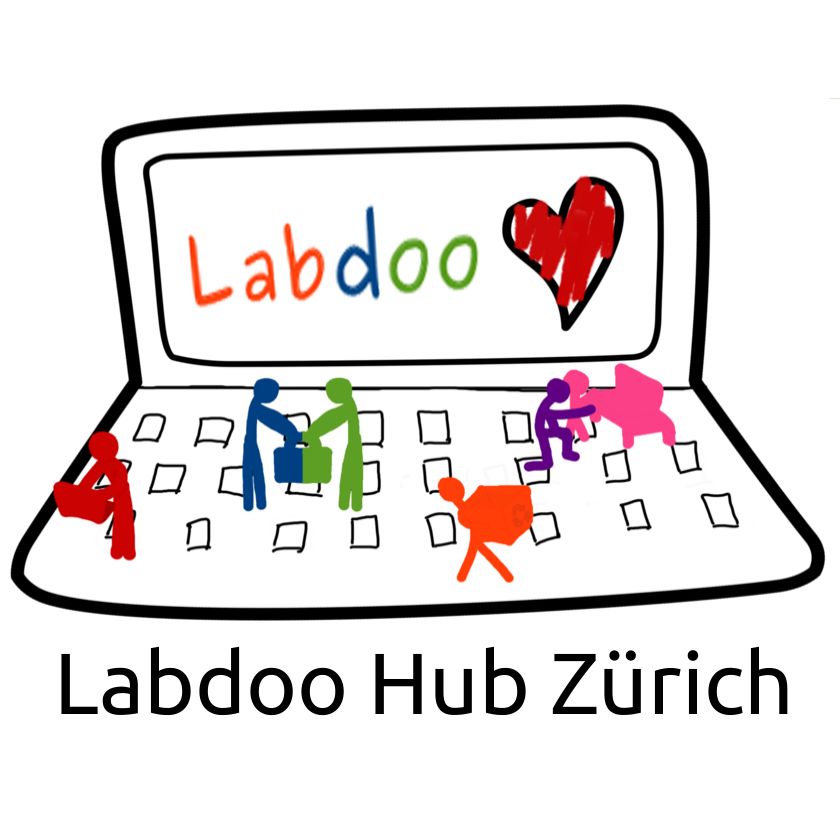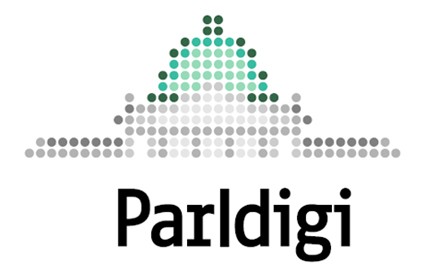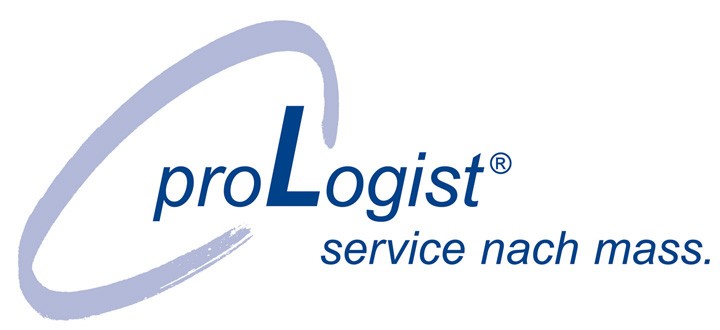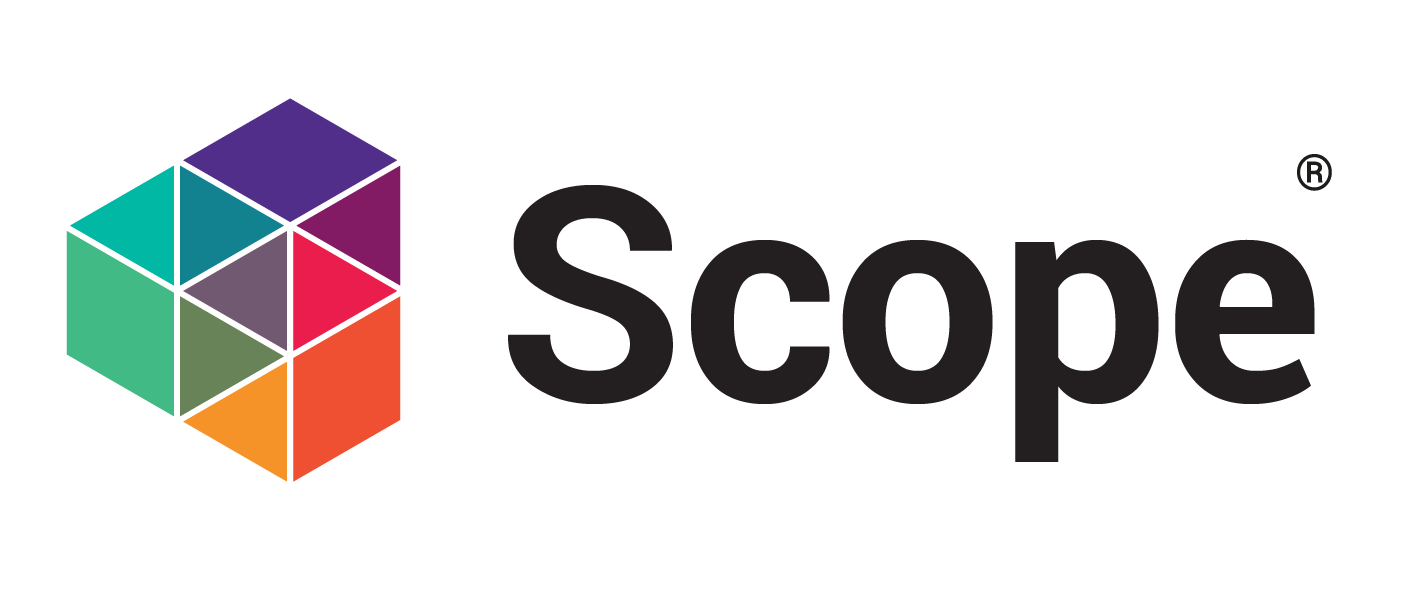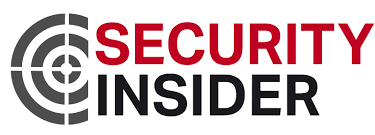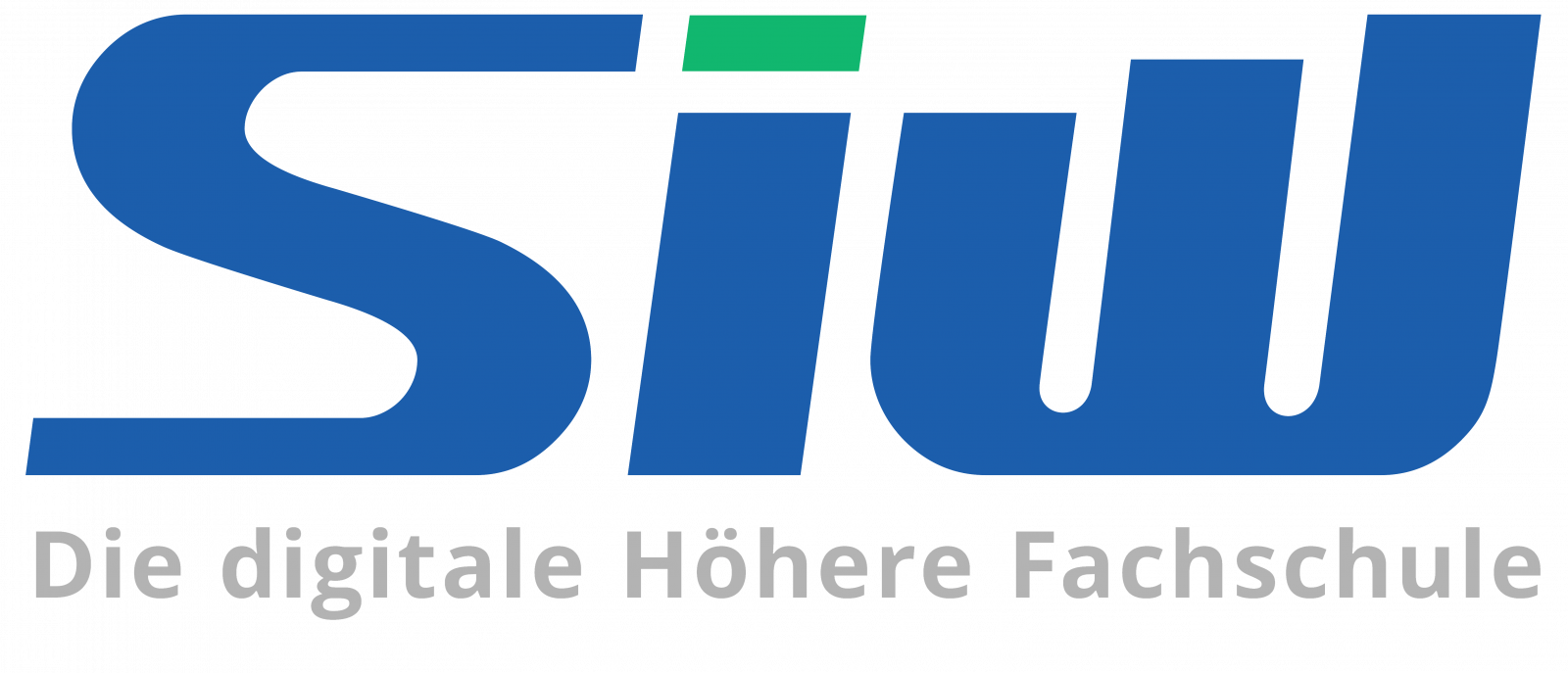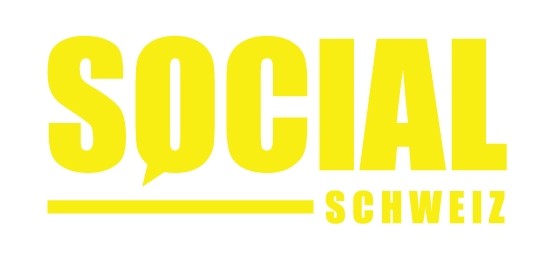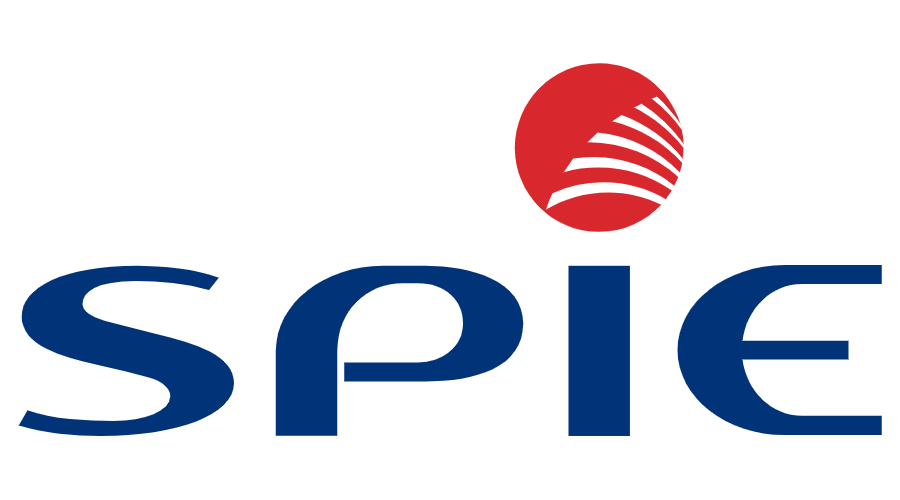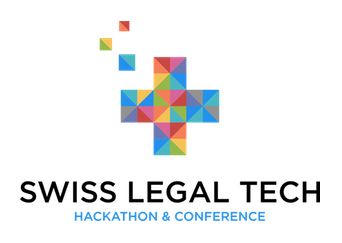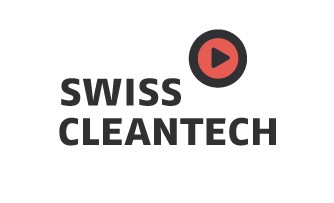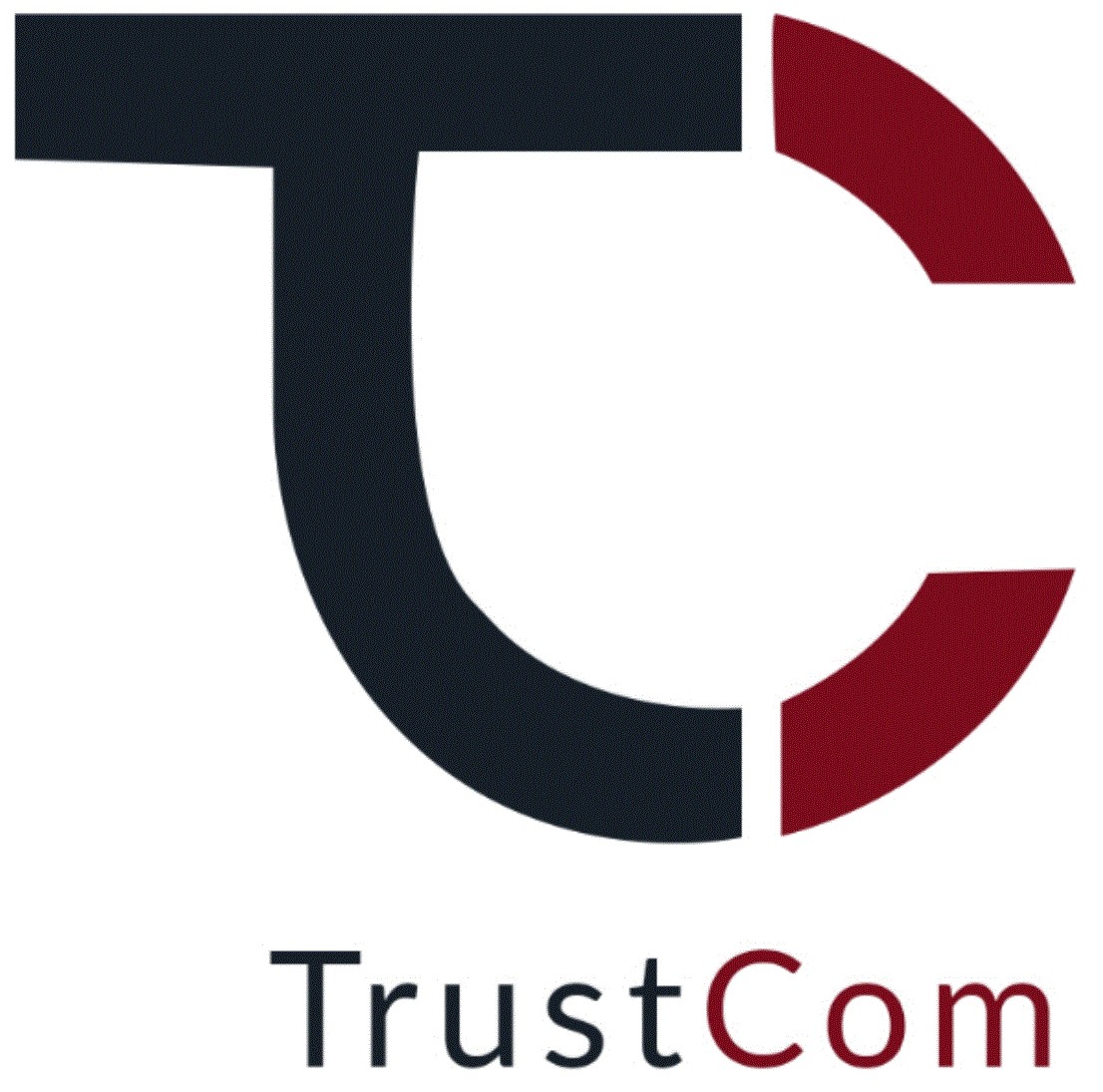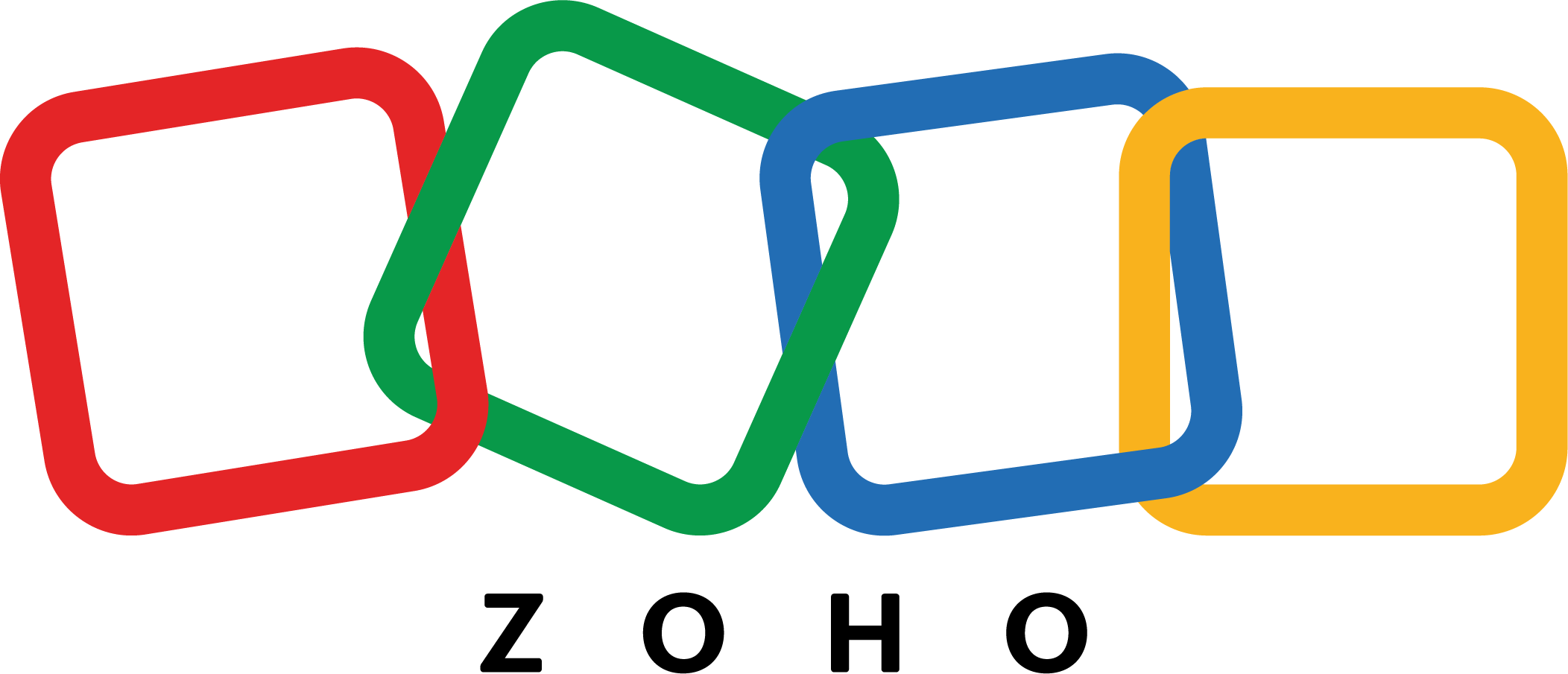swiss hosting offers true control over Swiss data
Christian Walter – swiss made softwareGDPR, Privacy Shield and Cloud Act: not an easy landscape to navigate. The new swiss hosting label provides
clarity and guarantees that data does not leave Switzerland. This allows companies whose business depends on the
secure handling of sensitive data to offer customers their services with maximum integrity.
In late
2019, Adobe announced that all Creative Cloud users in Venezuela would soon be locked out of their accounts,
with no right to a refund of any fees already paid. This was triggered by a directive from the United States
government, which imposed sanctions on Venezuela at that time, still applicable today. Thanks to a creative
reinterpretation of the directive, this decision was reversed two days later.
The Creative Cloud
incident was not the first time the US government imposed sanctions that affect the delivery of technical
services. In 2009, for example, Microsoft blocked its messenger service throughout Cuba, Syria, Iran, Sudan and
North Korea. And just recently it became known that aspects of language-learning app Duolingo must not be made
available in Syria, which is also subject to sanctions.
The fact that major powers – along with certain
wannabes – are now extending their national interests to cover measures that violate the principle technological
neutrality must give us cause for concern, now more than ever. This is essentially due to the coincidence of
three key trends:
- Deglobalization/nationalism
- The ubiquity of cloud services
- The concentration of suppliers
We have seen clear tendencies towards deglobalization ever since the 2008 financial crisis. Examples include the
trade war between the US and China, or frictions between the US and the EU over the profits of US tech giants.
No sooner had the EU threatened taxation than the Americans announced import duties on European products. Just a
few years ago, this would have been unthinkable. This already fragile situation is being exacerbated by the
COVID-19 pandemic, which has highlighted our collective dependence on international supply chains. At the same
time, the pandemic is accelerating the pace of the second trend: the ongoing move of business-critical
applications into the cloud.
They’ve got their FAANGs into us
What is being sold to us here
under the guise of innovation and increased efficiency could come to cost us dearly in the future. Massive new
dependencies are emerging, as the online space is dominated in many areas by an American oligopoly known as
FAANG: Facebook, Apple, Amazon, Netflix and Google. The only comparable services are Chinese providers like
Alibaba or Tencent. Europe is not currently in a position to resist this dominance.
This is problematic
on several levels: As we have known since the Snowden revelations, American secret services are free to extract
data more or less at will. Efforts to regulate this culminated in the 2016 Privacy Shield Agreement between the
United States and the EU. This agreement was intended to regulate the handling of exported data and, above all,
to safeguard the digital privacy of EU citizens on American soil. The United States, however, built in clauses
to undermine this principle right from the start. Ultimately, the European Court of Justice overturned the
agreement in July 2020. It currently remains unclear if and in what form the agreement will be replaced. But
that was not all: the US government also underscored its own position with the Cloud Act, signed by President
Donald Trump in 2019. This extends the United States’ unilateral entitlement to access data to all data held by
American companies in foreign territories.
Leeching data for profit
It is at least doubtful
that a request would be required before data can be released. Documents from the Snowden archive reveal that the
American secret services usually do not even ask first. But the problem does not stop there. Amazon, for
example, hosts the CIA cloud. This certainly blurs the lines between state and corporate activities. We should
at least be asking who is gaining competitive advantages from whom, and how. The same should also apply to the
other FAANGs.
Yet we are still a long way from the end of the line. The big cloud providers sell both
infrastructure and services. These are sometimes inspired by successful third-party providers, that are then
copied and cloned. This is becoming increasingly easy, since all data on usage and performance can be accessed
directly via their own platform and can used to inspire their own development. Moreover, even if a prospective
customer explicitly searches for a third-party service, the platform-owner can modify the search results to list
their own solution first in bold – ideally with a significant discount. The Elastic Search case shows how this
plays out.
Unfortunately, there’s more. The FAANGs dominate the American stock market with a collective
20 percent share. They owe this volume to their large profit margins – usually in double figures. However, these
margins can only party be attributed to the genuine and exceptional nature of these companies’ innovative
achievements. After all, this development is fueled by the data they have access to, extracted free of charge
from all possible sources.
Whether the Chinese have a different attitude is at least doubtful: after
all, it’s all about business, and why shouldn’t these companies try to make money? But at the end of the day,
it’s about more than just business, as illustrated by the cases already described. What if Swiss companies are
only allowed to do business in ways that meet the United States’ approval? What if various cloud services were
to be simply switched off? What if, on a very personal level, I don’t want to keep constantly sending all my
data abroad for free?
That’s when things get difficult. Not least because the advance of digitalization
is leading to increasing dependencies. The United States and China are the most dominant countries, and it might
appear that this is a done deal. And let’s face it – it’s hard to avoid the market leaders in certain areas.
Fortunately, this does not stretch across the board and there are alternatives: local, Swiss
alternatives.
It has been swiss made software’s mission for the past decade to demonstrate this on the
software side. These are solutions where the customer does not have to go in blind and hope for the best. swiss
hosting is the natural evolution of this, as we embrace the details of cloud infrastructure. The new swiss
hosting label helps to separate the wheat from the chaff in cloud and hosting services. It’s an
easy-to-understand quality seal, promising businesses and individuals alike that their data won’t leave the
country, neither directly nor via a third party. At the same time, swiss hosting also represents a certain
degree of control and independence. And that allows us to start imagining another world.
swiss
made software auf Cloud-Finder Schweiz
Weitere Informationen: swissmadesoftware.org




















